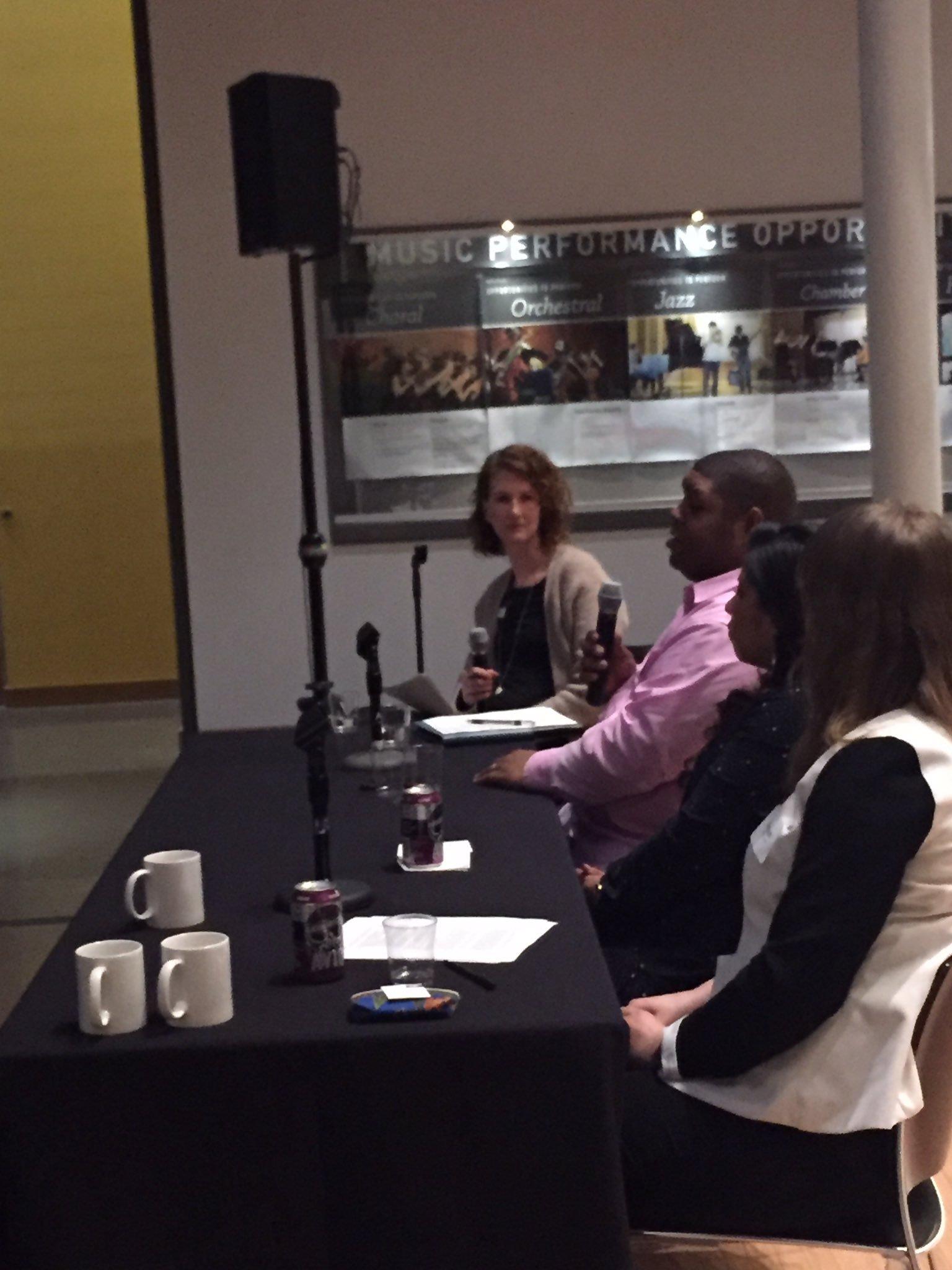Portland Hiring Trends 2019: How to Land Meaningful Work in Nonprofits Panel!
Last Thursday night, March 28, I had the pleasure and honor to be a part of the expert panel for the first of three networking and informational events that make up Mac's List's Portland Hiring Trends 2019 networking series. I am proud to have been a part of, and help to coordinate, the How to Land Meaningful Work in Nonprofits event at Reed College. I also feel so privileged to have been on a such a powerhouse panel as the one I was a part of Cinthia Manuel of Portland Leadership Foundation, Crystal Jackson of Meyer Memorial Trust, and Meghan Prichard of Mercy Corps.
I'd like to thank Mac's List for having me and my fellow panelists for offering their insight, experience, and empathy to a packed house of 125 attendees. I'd also like to thank all of you who attended and connected with me after the event. Let's keep the conversation and empathy flowing!






